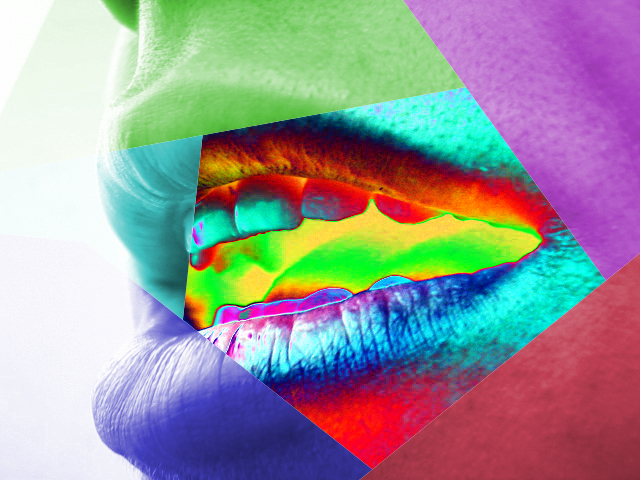White lies start slippery ride
 Little lies open us up to bigger lies, research shows.
Little lies open us up to bigger lies, research shows.
A new study in Nature Neuroscience says repeated acts of self-serving dishonest behaviour diminish the brain’s sensitivity to dishonesty.
By eliciting and measuring dishonesty escalation in the lab, the study provides a biological explanation for a ‘slippery slope’ on which minor deviations from the truth over time can snowball into substantial acts of dishonesty.
Researchers asked 58 adults (ages 18 to 65) to advise a second person about the amount of money contained in a glass jar of coins.
The authors varied whether dishonesty about the jar’s contents would benefit the participant at the expense of their partner, benefit both parties, benefit the partner at the participant’s expense, benefit only the participant without affecting the partner, or benefit the partner without affecting the participant.
Dishonesty escalated over several trials to a greater degree for the two conditions that benefited the participant (either at the expense of or also benefitting the partner), compared to the condition that benefited the partner at the expense of the participant.
Furthermore, the measured level of dishonesty and the degree to which dishonesty escalated were greater when dishonesty benefitted the participant alone, compared to when it benefitted the partner alone, suggesting that these findings were due to self-interest.
A subset of participants completed a version of the experiment while their brain activity was measured by functional magnetic resonance imaging (fMRI).
Among these participants, the authors found that the amygdala — a brain region sensitive to emotion-eliciting events — in both brain hemispheres showed a progressively reduced response to self-serving, but not self-harming, dishonesty over time.
The reduction in the amygdala’s response to self-serving dishonesty during a given trial could be used to predict the amount that a participant’s self-serving dishonesty escalated in the subsequent trial.
None of these findings could be attributed to other brain regions that are also associated with different aspects of deception, which hints at the amygdala’s privileged role in self-serving dishonesty.







 Print
Print